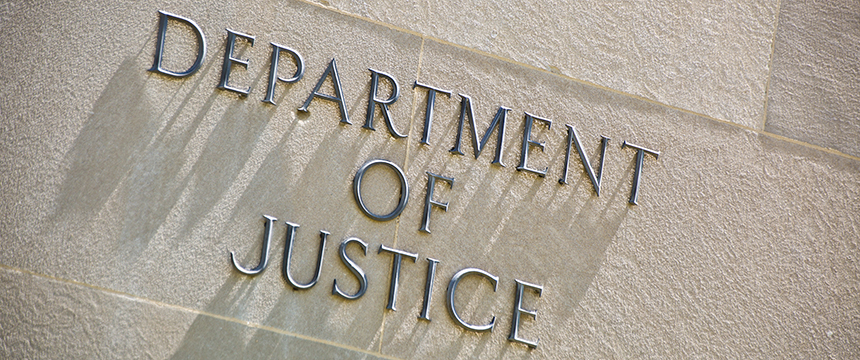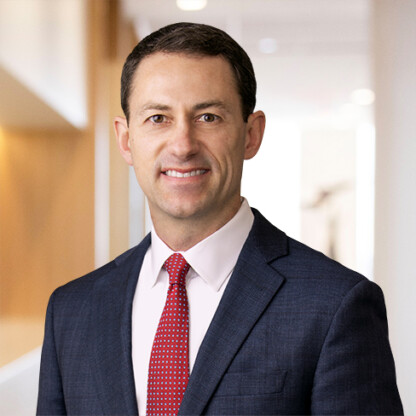What’s New in ’22: More DOJ-Driven False Claims Act Investigations

On February 1, 2022, the Department of Justice (DOJ) issued its annual release touting its latest accomplishments in the False Claims Act field, advertising another multibillion-dollar year in recoveries; $5.6 billion makes 2021 DOJ’s highest recovery year since 2014 and, as usual, most of the monies (over $5 billion) were collected from the health care industry. Removing the $2.8 billion opioid settlement from the Purdue Pharma case brings 2021 more in line with the recoveries for the past few years, albeit still health care focused. Looking forward to 2022, the health care industry can expect the following False Claims Act (FCA) trends.
First, DOJ’s attorneys are more committed than ever to bring the strongest cases themselves (instead of relying on relators). The 2021 statistics demonstrate that DOJ’s attorneys initiated 203 new matters in 2021, as compared to relators filing 598 qui tam actions. Approximately 25% of new FCA matters are being staffed by DOJ. DOJ recoveries in 2021 also resulted in a proportionally higher recovery rate than matters handled by relators. DOJ long has said it is using data analytics and other sources of information to identify new cases. That effort is accelerating as DOJ works with other agencies to mine Medicare and Medicaid claims data, as well as Open Payments data, to develop leads. The last few years also have trended toward DOJ using these sources to determine what the biggest cases are likely to be and also keeping these for themselves to lead. When a health care company learns of a new FCA investigation, it remains essential in the early stages to define the scope of the matter and seek to persuade DOJ to decline to intervene, permitting DOJ’s attorneys to focus instead on other, more rewarding cases. No government lawyer wants to spend time on a small case with complicated issues; time is their greatest limiting resource.
Second, new amendments to the FCA are probable this year. The great champion of the FCA, Senator Charles Grassley, is seeking amendments to the FCA in an effort to reverse the impact of the Supreme Court’s 2016 Escobar decision, holding that materiality is a rigorous and demanding threshold-pleading element. The proposed amendment would insert into the FCA that in “determining materiality, the decision of the Government to forego a refund or pay a claim despite actual knowledge of the fraud or falsity shall not be considered dispositive if other reasons exist for the decision of the Government with respect to such refund or payment.” False Claims Act Amendments Act of 2021, S. 2428, 117th Cong., Section 2 (Nov. 16, 2021) (proposed new section (e)). The impact of this change likely would raise the bar for defendants seeking dismissal or summary judgment on the law by making the new materiality standard more fact driven and favorable to the government. It is likely that this will in turn drive more health care companies to seek to settle cases even when the government knew about alleged fraud or falsity.
Third, DOJ attorneys will start to study the Provider Relief Fund monies spent in connection with the pandemic by the U.S. Department of Health and Human Services (HHS). The first reporting period closed November 30, 2021 (after HHS provided providers with a three-month grace period), and the second reporting period closed December 31, 2021. See https://prfreporting.hrsa.gov/HRSA_FileRender?name=PortalFAQs. With the first certifications now on file, DOJ can analyze data and certifications to see which providers knowingly misused funds, triggering an FCA analysis. We anticipate the first PRF subpoenas will go out in 2022 regarding PRF funds received between April 10, 2020 and December 31, 2020, during a period when the rules were vague and changing, and the country was in the depth of a health care crisis.
We expect 2022 to be an active year for FCA enforcement, with health care companies in the forefront of DOJ’s interest in opening new investigations.


